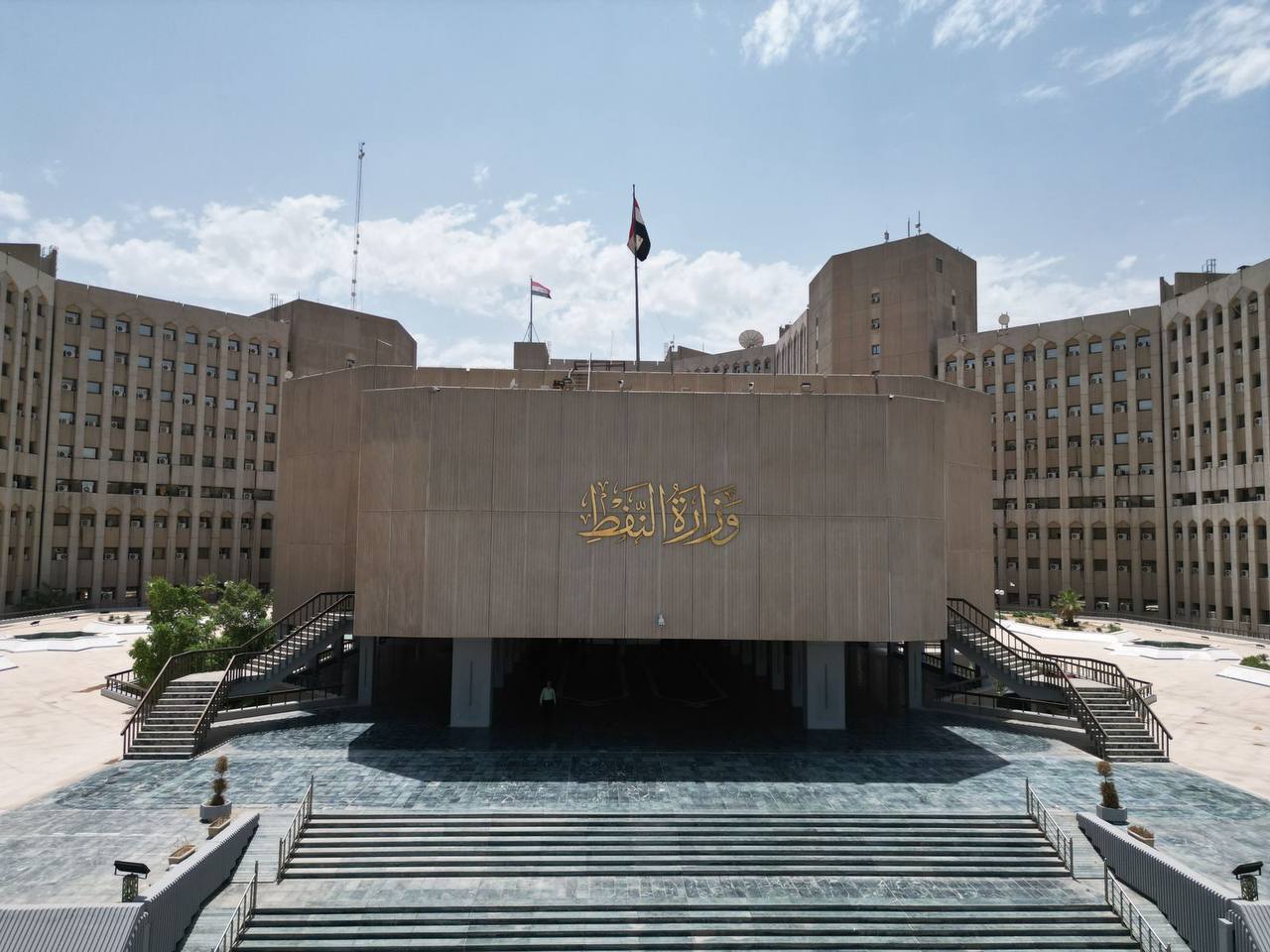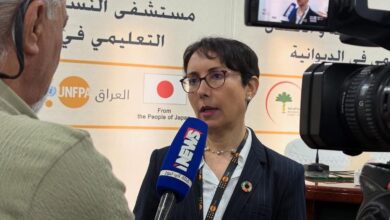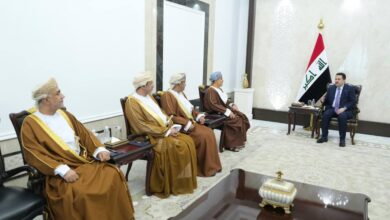The World Bank is cautiously optimistic about Iraq’s economic future, projecting growth exceeding 5% by 2026. This optimism hinges on a crucial factor: recovery in the nation’s oil sector.
Iraq’s economy is heavily reliant on oil revenue. As a major oil producer and exporter, the country’s financial health is therefore intricately linked to the price and volume of its oil exports. When global oil prices rise, Iraq enjoys a windfall, leading to increased government spending, infrastructure investments, and a general economic upswing.
The World Bank’s projection rests on the expectation of a rebound in Iraq’s oil sector by 2025. This recovery could stem from various factors, including political stability, increased investment in oil infrastructure, or favorable global oil price trends. A revitalized oil sector, in turn, would create a ripple effect, boosting employment, investment in non-oil sectors, and overall economic output.
However, navigating a path towards sustained economic growth is not without its challenges. Volatile oil prices, and internal political hurdles can all derail even the most well-intentioned projections.
Therefore, while the World Bank’s forecast offers a glimpse of a brighter economic future for Iraq, it’s crucial to acknowledge the uncertainties that lie ahead. Addressing these challenges will be key to unlocking Iraq’s full economic potential.
Source: World Bank
- Published: 24th June, 2024
- Location: Washington D.C.
- Country: United States
- Editor: Yasmine Goumri
- Category: Economy





